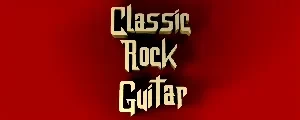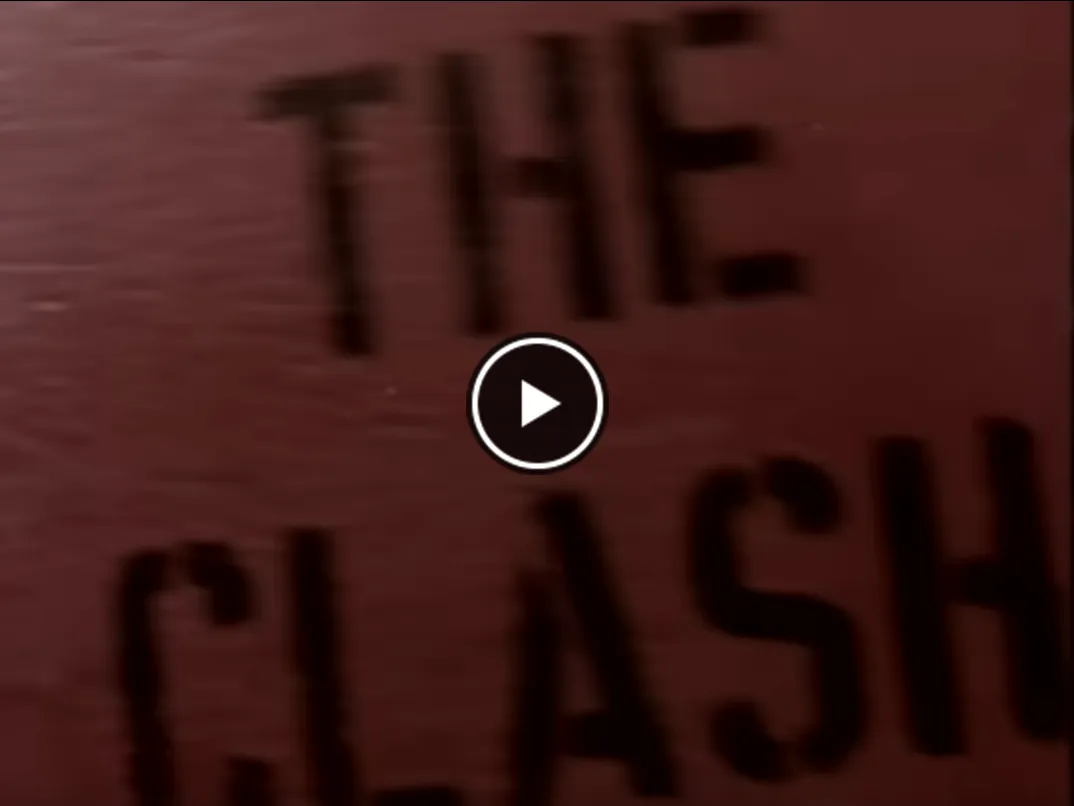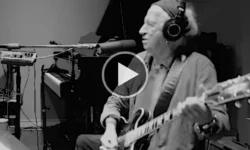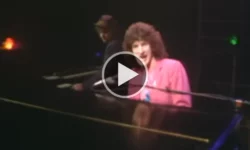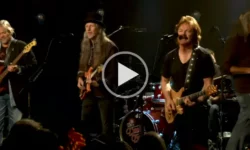The Clash – I Fought the Law
The Clash
Legendary British punk rock band, combining this style with elements of reggae, ska, funk and rockabilly. Initially considered a rival to the Sex Pistols. The last line-up included Joe Strummer (lead vocals, rhythm guitar), Nick Sheppard – (lead guitar), Vince White (lead guitar), Paul Simonon (bass guitar) and Pete Howard (drums). He became an inspiration for Rancid, Bad Religion, Manic Street Preachers, Bad Brains, Massive Attack and No Doubt, among others.
The group was founded in 1976. on the initiative of guitarists – Mick Jones and Joe Strummer (proper name is John Graham Mellor). The musicians were known to the London rock scene. Strummer performed with the rock band The 101’s, and Jones was a member of the legendary pre-punk band London SS. The latter was close friends with the Sex Pistols musicians who helped him find musicians when he wanted to form a band. With the help of colleagues, Paul Simonon (bass) and Terry Chimes (drums) joined the line-up. In the first half of 1976, Keith Lavene joined the band, taking over as lead guitarist. The name of the group was coined by Simonon, who stumbled upon the word “clash” while reading the newspaper – the rest of the musicians agreed that it was a great idea.
First Public Performance
The musicians gave their first public performance in less than a month from the start of rehearsals – on July 4, 1976, supporting the Sex Pistols during a concert in Black Swan in Sheffield. In this way, they managed to forestall their greatest rivals – The Damned (another group formed after the collapse of the London SS), who made their debut only two years later. However, after this performance, they did not come on stage for another five weeks. Levene was not entirely satisfied with his position in the group – during the concert he even offered the then vocalist John Lyndon to cooperate if the band broke up. The day after their debut, together with the whole crowd of punk rock musicians from the so-called “inner circle” (groups focused around the Sex Pistols), musicians from The Clash appeared at the concert of the American group The Ramones. After the concert, there was an argument between Simonon and the bassist Stranglers (a group identified with punk, but not “in the circle”) J.J. Burnel, which buried the chances of promoting unity in the punk movement.
At the urging of manager Bernard Rhodes, the musicians practiced a lot and created new material for the next month. Strummer wrote the lyrics and Jones composed the music. Sometimes they met and created together. Rhodes urged them to write about what bothers them and what is really important, not about love. Most of the vocal parts were performed by Strummer, sometimes assisted by Jones. Since they started recording, Jones sang at most one song on the album, which did not prevent him from performing two of the band’s great hits. On August 13, they performed in front of a small audience at the Camden studio. Among the audience that could only be there on special invitation was critic Giovanni Dadamo, who stated after the show that The Clash were the only band that could threaten the strong position of the Sex Pistols. In late August, together with Buzzcocks, they supported the Sex Pistols on Screen on the Green. It was one of the most important moments in the crystallization of the British punk rock scene. In early September, Levene was kicked out of the band (two years later, together with Lyndon, they founded Public Image Limited). A month later, they performed for the first time without Levene at the 100 Club Punk Festival. In November, the band left the Chimes, briefly replaced by Rob Harper. In December, the band reopened the Sex Pistols show on their Anarchy Tour.
We appreciate your time and dedication in reading our article to its conclusion. For more of the finest classic rock music, make sure to follow our Facebook page, “Classic Rock Guitar”. We share exceptional selections every day. Thank you once again for your continued support and readership.
